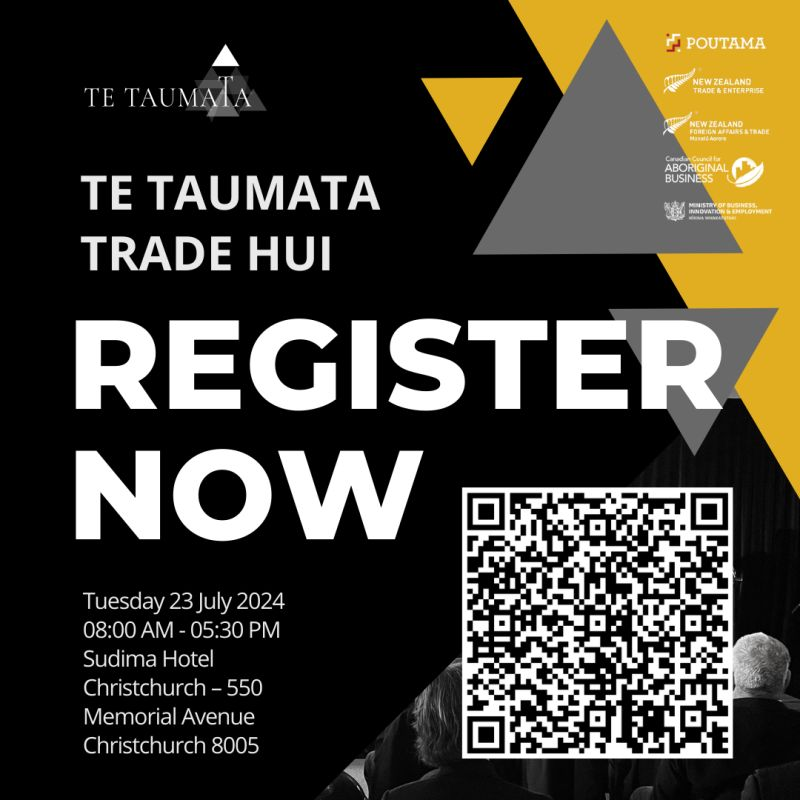As Rocket Lab launches new technologies from Mahia near Gisborne, Te Taumata applauds yesterday’s announcement of the new country to country Trade Agreement between New Zealand and Singapore.
The announcement comes hot on the heels of Te Taumata’s launch of a new and innovative indigenous professional development program between Maori and First nations people in Canada and the US this week.
“Digital technologies can help small and medium sized enterprises overcome the challenges of scale and distance and support greater participation by women, Māori and rural communities, to help spread the benefits of trade widely – a key aim of our Trade for All policy,” Minister David Parker announced yesterday.
“We’ve moved quickly since launching negotiations in May 2019 to bring this agreement to conclusion because we recognise international trade rules have not kept up with the unprecedented growth of digital trade. We believe small countries – not just large ones – should help shape the new rules,” he said.
Te Taumata chair, Chris Karamea Insley, says COVID-19 has really shaken the business-as-usual model, and disrupted markets and supply chains and distribution channels around the world.
“As the Maori economy is so heavily weighted towards exporting of produce from our farms with agriculture and horticulture, our huge fishing interests and of course forestry – these industries that employ thousands of our whanau, as business and industries leaders we have to be constantly innovating and finding smarter ways to transact trade.”
This week Te Taumata launched its new indigenous professionals’ program connecting with first nations across the world (INDIGI-X) all enabled by internet communications technologies, such as Zoom and Skype.
“Here, we are trading knowledge, ideas and our tikanga with our indigenous whanau in north America,” says Mr Insley. “At home we’re increasingly seeing our rangatahi professionals like Tatahi McDonald (Tainui/Apanui), a Master’s Degree graduate, and his partner Te Marino, returning home with their baby son to their turangawaewae, immersed in te reo, tikanga, and kapa haka while actively participating and contributing to the Maori economy – all enabled by 4G communications technology.”
Mr Insley says the small Maori land trust of Wharawhara 13 lands on the coast is boldly stepping into the digital age using digital and Wi-Fi 4G technologies to market and trade live real time weather data and information for use by other trusts, businesses, government and research organisations to make informed land and water use decisions.
Te Taumata’s recent analysis on Maori interests and geographic indicators discusses new and smart approaches to the creation of new intangible assets made up of patents, utility models, trademarks, GIs, collective marks, certification marks, copyright, design rights, trade secrets, confidential information, and database rights.
Mr Insley says all these developments are enabled by digital technologies now being better enabled by country-to-country digital agreements like DEPA; technologies being launched in space at Mahia; and new fast broadband and communications networks connecting our Maori farms, lands and whanau.
“Te Taumata looks forward to continuing the work to give meaningful effect to the new DEPA agreement where governments are beginning to recognise the role of technology to enable smarter trade – and now compelled to do so by the shock of COVID-19,” says Mr Insley.


